Middle East and America have a high share in production and consumption of ceramic tiles.
Production and Consumption In contrast to the top 10 nations, which accounted for 85.5% of global exports last year, the top three exporting nations—China, Spain, and Italy—accounted for 62.7%. Italy and Spain continued to maintain the highest export share as a percentage of production among the top exporting nations (both at 80%), compared to the UAE’s 66.7%, Iran’s 37%, Poland’s 32%, China’s 15.8%, and levels of between 12% and 24% for India, Brazil, Turkey, and Mexico.
But the average selling price of 13.8 euros per square meter in Italy, compared to Spain’s 6.5 euros per square meter and between 2.6 and 5.8 euros per square meter in the other nations, is the true indicator of its leadership position.
The leading producers and consumers in the Far East continue to be Vietnam and Indonesia.
While installed capacity was projected at more than 600 million sq. m. in 2016, Vietnam saw an increase in output of 10% to 485 million sq. m. Domestic demand increased to 412 million square meters (+3%), solidifying the nation’s ranking as the fourth-largest consumer in the world. While domestic demand increased somewhat (from 357 to 369 million sq.m, +3.4%), translating to a per capita consumption of 1.4 sq.m, Indonesia’s output continued to decline (from 370 to 360 million sq.m, -2.7%). In contrast, imports that were wholly from China increased (from 45 to 57 million sq.m., +26.7%).
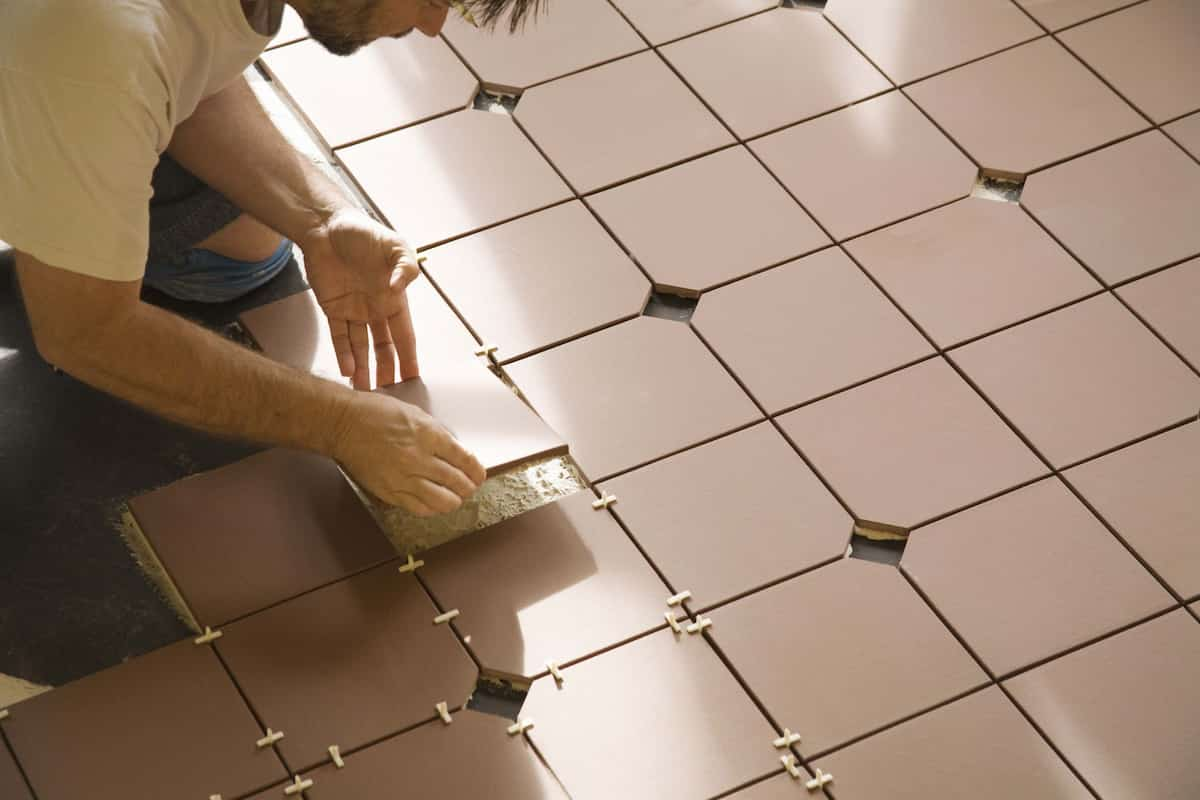
Iran, the greatest producer in the Middle East and the eighth-ranked country in the world, produced 340 million square meters of space in 2016 (+13%). After a two-year downturn that saw production fall from 500 million square meters in 2013 to 300 million square meters in 2015, compared to an installed capacity of over 680 million square meters, this signaled a rebound.
Domestic consumption, which for the fifth year in a row declined from 190 to 169 million sq.m. (-11%) due to stagnation in the housing sector, was not what drove the growth in production.
In contrast, exports grew further, rising from 112 to 126 million square meters (+12.5%), or 37% of production. 94 million square meters were exported to Iraq as well as other countries in the region.
Turkey continued its upward trend in growth in 2016 despite the global economic downturn. Domestic consumption increased from 234 to 241 million square meters (+3%), while Turkish output, which increased by 3% to 330 million square meters, fully covered this increase (imports totalled just 5 million sq.m). Following a three-year drop, exports increased from 77.2 to 80.9 million square meters (+4.8%), amounting to a value of 463 million euros (+2.7%).
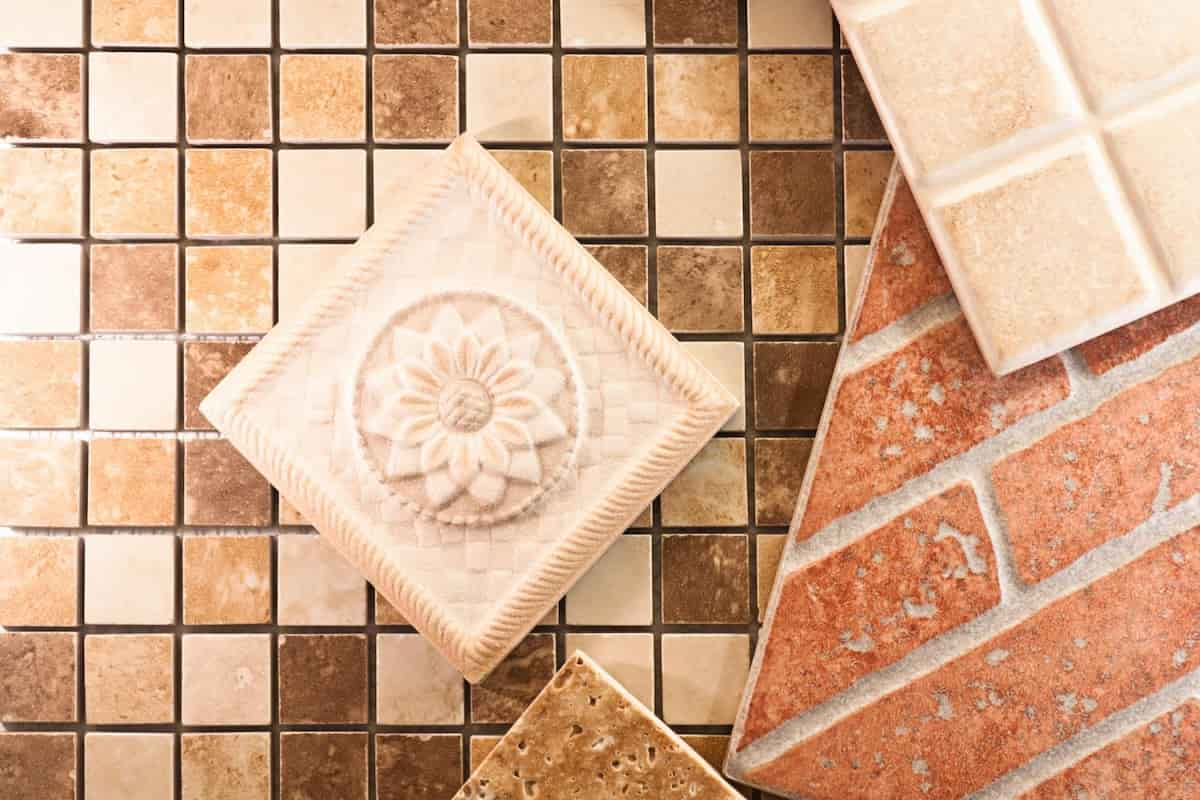
Three macroregions accounted for the majority of Turkish exports: 50% went to the European Union (40.6 million square meters, up 10.7%), 22% went to the Middle East and Asia (18 million square meters, down 10.5%), and 20% went to the NAFTA region (16 million square meters, up 12%).
Following a 24% increase from 2015 to 2016, Germany overtook Israel as the second-largest market for Turkish tiles (11 million square meters, +6.5%). Following the UK (8 million sq. m.), Canada (6.8 million sq. m., +5%), and the USA (9.2 million sq. m., +17.3% following the +24% of 2015), respectively. France, Romania, Finland, Greece, and Belgium were also among the top ten markets, and each of them experienced increase.
Mexico continued its increasing trend from previous years in 2016. Domestic demand increased by 7.8% over 2015 and 26% over 2013 to 235 million square meters. The country’s tile sector increased production again, from 245 to 267 million square meters (+9%), in response to the rising domestic demand, while imports fell by 34%, from 35 to 23 million square meters.
With 56 million square meters of tile exported, largely to the USA, Mexico is also the eighth-largest tile exporter in the world.
The top 10 importer countries brought in 1,015 million square meters of tiles in 2016, a 5.2% increase over 2015 (compared to +1.7% globally). This amounted to 36.3% of all global import and export flows.
With the exception of Indonesia, which only imported 15% of its consumption, imports accounted for more than 60% of domestic demand in the other top-10 countries, reaching highs of 98% in Iraq and between 87% and 92% in France, Germany, and Israel.
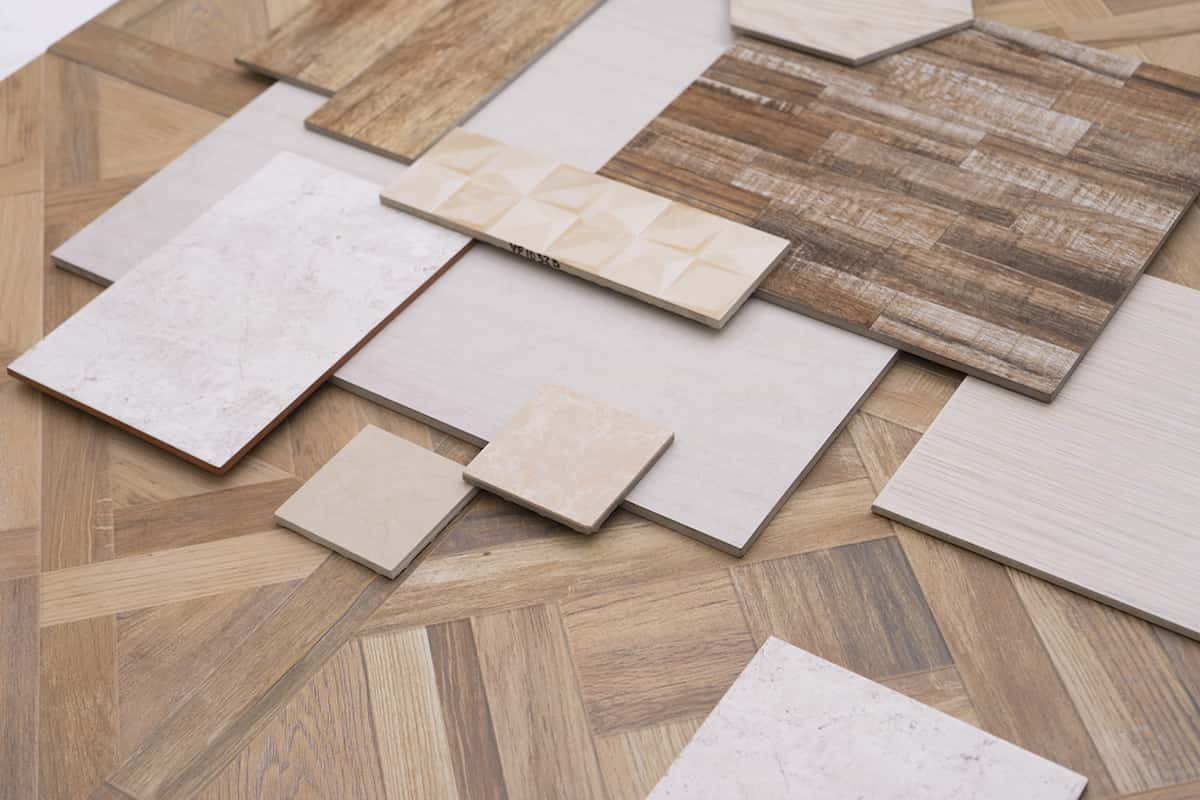
The United States overtook China as the world’s largest importer in 2016 as imports increased from 179 to 194 million square meters (+8.4%) in response to an 8% increase in local demand from 254 to 274 million square meters. Despite the fact that local production, which can be partly attributed to Italian-owned groups (Del Conca USA, Florida Tile, Florim USA, Landmark, and Stonepeak) increased for the seventh consecutive year to reach 88 million sq.m (+6%), a number that will rise further in 2017–2018 driven by the numerous investments under way, imports still accounted for 70.8% of domestic consumption.
At least 82% of US imports came from the top 4 suppliers: China (56.4 million square meters, up 11%), Mexico (43.1 million square meters, down 7.8%), Italy (38.7 million square meters, up 7.8%), and Spain (20.7 million square meters, up 49.6%). Italy maintained its position as the market’s top seller with sales of US $751 million (+8%) on a CIF basis, accounting for 35.8% of the total import value of US $2.1 billion.
Saudi Arabia, the second-largest importer in the world, decreased imports by more than 20 million square feet, from 188 to 167 million square feet (-11.2%), in response to the decline in local demand in 2016 (248 million square feet, -5.7%). India overtook the United States as Saudi Arabia’s top exporter and the only one to experience expansion (+23% from 49 to 60 million sq.m.). All other countries’ imports plunged precipitously: -19% from Spain (27.6 million sq. m), -33% from the UAE (15.5 million sq. m), and 26% from Oman, with a net loss of 23% from China (49 million sq. m) (6 million sq.m). Saudi Ceramics, the largest manufacturer in the nation, producing 50 million square meters of the anticipated 90 million square meters produced nationwide.
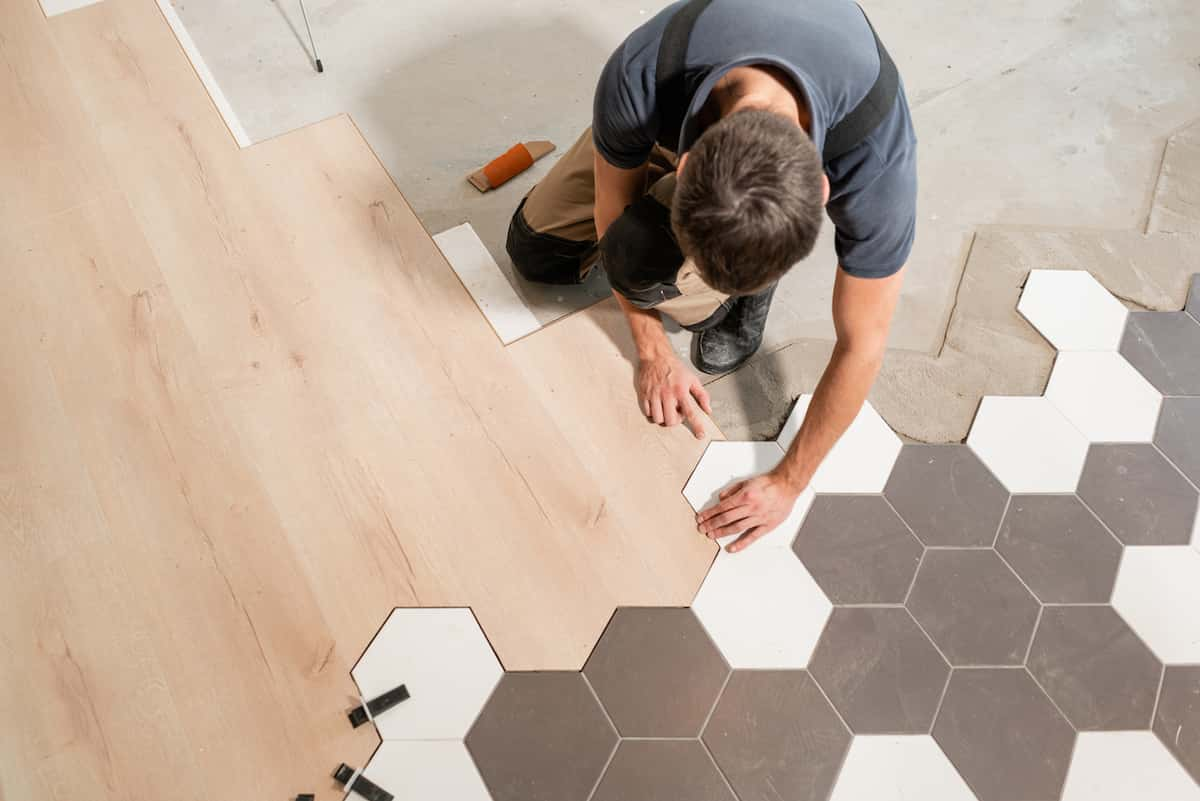
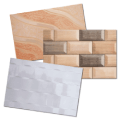
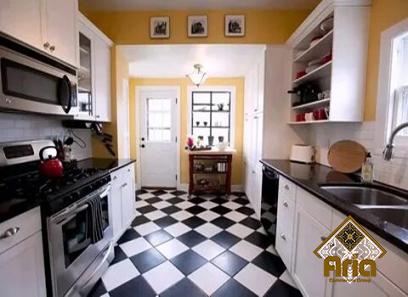

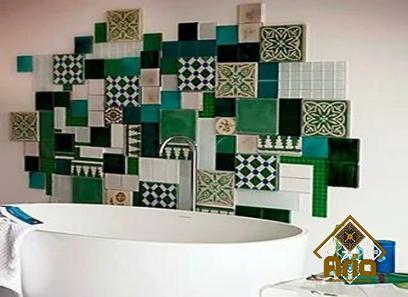
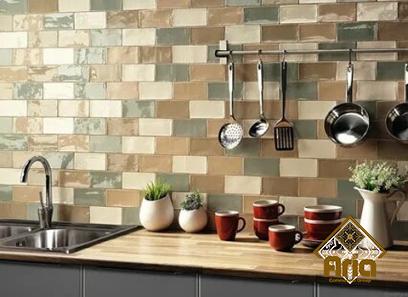
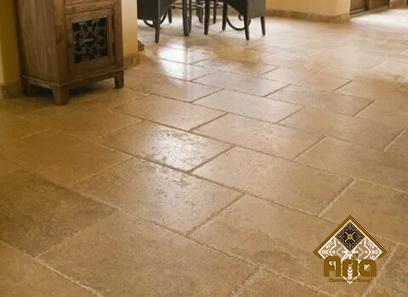
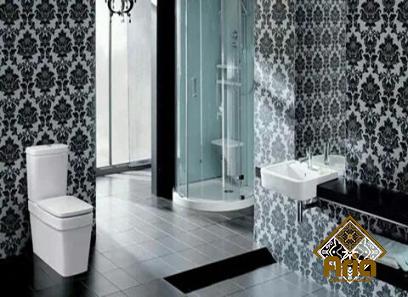
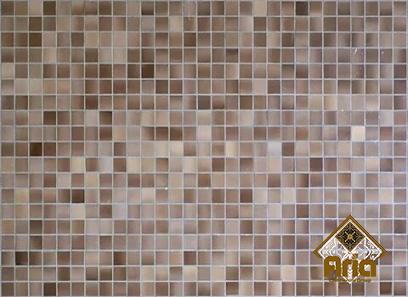


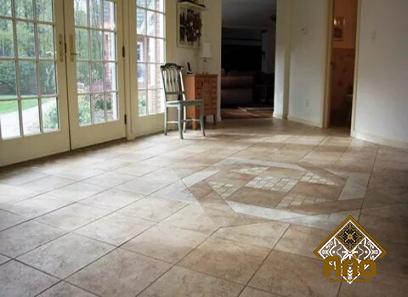
Your comment submitted.